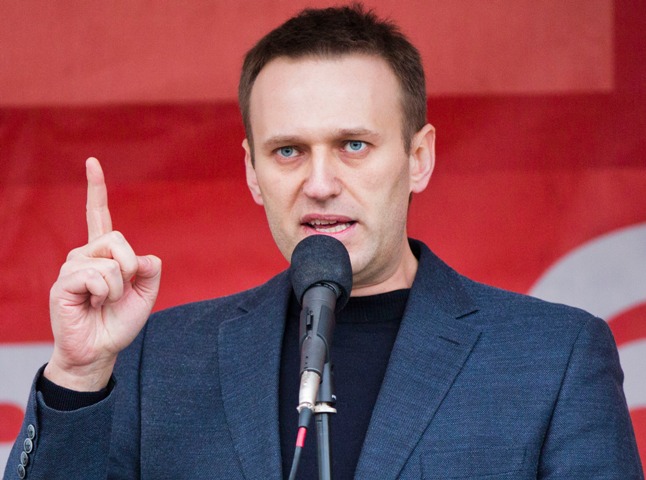Chemical weapons agency: Germany has asked for help in investigating alleged Navalny poisoning
Experts from the agency "collected biomedical samples from Mr Navalny for analysis by OPCW designated laboratories." Results from those tests will be shared with Germany, which had until now requested that the Organisation for the Prohibition of Chemical Weapons (OPCW) keep its role in the case confidential. Novichok was used in the 2018 poisoning in the English city of Salisbury of former Russian spy Sergei Skripal and his daughter Yulia.

- Country:
- Germany
Germany has asked for the assistance of the global chemical agency in investigating the alleged poisoning of Kremlin critic Alexei Navalny with a banned toxic chemical, the Hague-based organization said in a statement on Thursday. Germany has said it has proof that Navalny was poisoned on Aug. 20 with the Soviet-era chemical agent Novichok.
"The Technical Secretariat of the OPCW has received from the Federal Republic of Germany a request for technical assistance," it said. Experts from the agency "collected biomedical samples from Mr. Navalny for analysis by OPCW designated laboratories." Results from those tests will be shared with Germany, which had until now requested that the Organisation for the Prohibition of Chemical Weapons (OPCW) keep its role in the case confidential.
Novichok was used in the 2018 poisoning in the English city of Salisbury of former Russian spy Sergei Skripal and his daughter Yulia. OPCW tests confirmed the use of the highly toxic substance. Members of the OPCW agreed in November 2019 to expand the agency's list of banned "Schedule 1" chemicals for the first time to include the Novichok family of nerve agents. That ban went into effect on June 7, 2020.
The OPCW was established in 1997 as a technical body to enforce the Chemical Weapons Convention. It has played an active role in monitoring the use of banned chemical weapons in the Syrian war, which has made its work highly political.
(This story has not been edited by Devdiscourse staff and is auto-generated from a syndicated feed.)
ALSO READ
Japan calls for law-abiding fix to handling of frozen Russian assets
Ukraine says Russian drone attack damaged energy infrastructure in south
Russian rouble weakens against the US dollar
U.S. journalist missing in Russian-controlled eastern Ukraine, say local police
Thousands of Russian soldiers are fleeing the war in Ukraine but have nowhere to go










